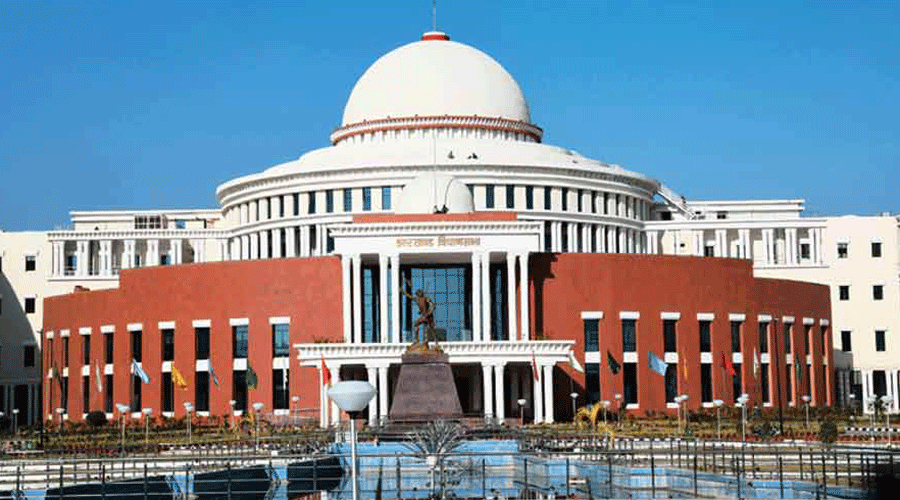Members of the Right to Food Campaign’s Jharkhand unit have demanded that the state government must make eggs, maternity entitlements, pensions and rations a priority in 2023-24 budget to address the alarming situation of undernutrition in Jharkhand.
The budget session of Jharkhand will be held in the last week of February and the budget is likely to be tabled by finance minister Rameshwar Oraon on March 3.
“Hemant Soren government has made repeated promises of providing five eggs a week in schools and six eggs a week in anganwadis. However, till date, the government is yet to fulfil them. School children get two eggs a week at best, while children below six years of age do not get any. Provision of eggs is an excellent way of tackling the record levels of undernutrition among children in Jharkhand,” said Taramani Sahu at Ranchi.
Last week, hundreds of people wrote to Jharkhand’schief minister to demand eggs in the state’s midday mealsand anganwadis. Many states are already doing so.
“Eggs have all the essential nutrients, except Vitamin C. They are more nutritious than other vegetarian options, such as fruits, milk, and soya chunks. Eggs have a longer shelf-life than other food items with similar levels of nutrition. Their supply and distribution can be easily monitored by simply counting them. Further, eggs cannot be adulterated. The popularity of eggs has the potential of boosting school attendance,” he said.
“As per NFHS-5 data only 11 per cent of the children between 6-23 months of age receive an adequate diet in Jharkhand. Almost 40 per cent of the children below the age of five years are underweight or stunted (or both). More than two-thirds of the children between 6 and 59 months of age are anaemic. Around 65.3 per cent women are anaemic,” said Paran Amitava, are searcher with the Right to Food Campaign.











